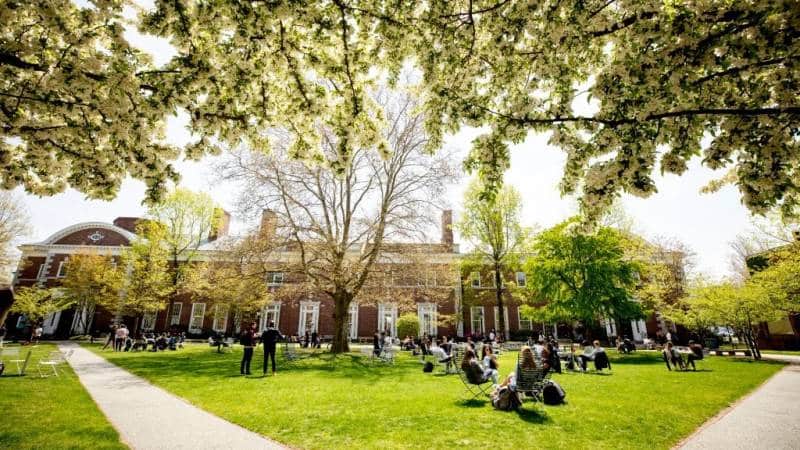Despite a journey of 77 years, Pakistan is still going through the Nazuk Mor (critical period) as the back-breaking inflation, steep utility bills, heavy taxes, corruption and increasing external debt have grinded common man down but surprisingly the powerful elite class and leaders’ assets swelling abroad amid the economic crisis in the homeland.
This situation drew the attention of foreign educational institutions as they decided to teach it as “case study” to potential future leaders and managers.
The case study titled “Pakistan at 75: When Will the “Nazuk Mor” End?’ is for use in Professor Alberto Cavallo’s the Business, Government, and the International Economy — Spring 2024 at Harvard Business School.
According to the Financial Times’ world rankings 2024, the school’s MBA programme secured 11th spot.
Case studies are a common method of teaching in business schools and used by professors to present students a real-life example, followed by discussions on how to resolve issues facing the entity.
This case study makes the reference to Nazuk Mor in its title, a phrase rather repeatedly used during political sloganeering and to convey Pakistan’s persistent problems with political instability, and constant boom-and-bust economic cycles.
Since its creation in 1947, the country is facing the same issues even in 2024, with bailouts from the International Monetary Fund (IMF), loss-making state-owned entities, and high inflation.
Following the February 8 general elections, Prime Minister Shehbaz-led government emerged in the country amid allegations of “massive rigging”. Recovering the country’s economy is the biggest challenge of the PML-N-led government.
The newly elected government in the cash-strapped country approached the IMF to avert the looming default.
Last month, Pakistan and the IMF reached a staff-level agreement on the second and last review of the $3 billion SBA, which, if cleared by the global lender’s board, will release about $1.1 billion to the struggling South Asian nation.

